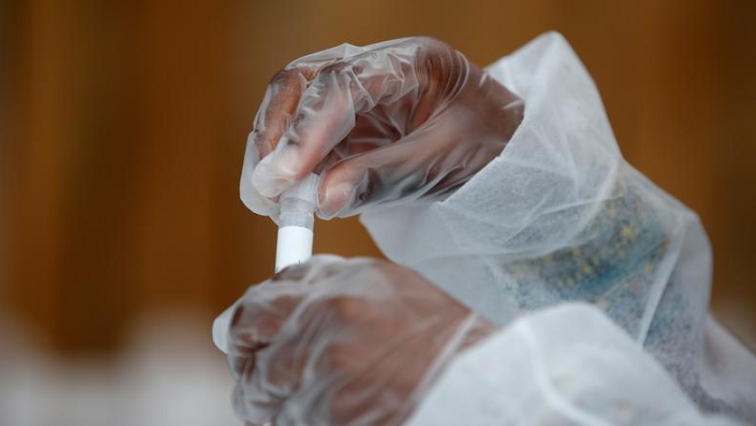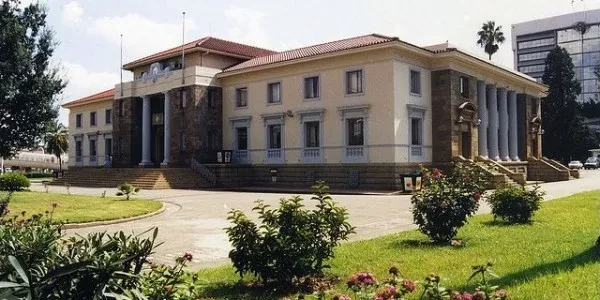
BY PHYLIS MBANJE
THE new COVID-19 variant, C.1.2, first detected in South Africa and a few other countries a few months ago, has reportedly spilled into Zimbabwe amid fears it could trigger the fourth wave of the highly infectious respiratory disease.
Although the variant is not yet listed by the World Health Organisation (WHO) as a disease of concern, it is famed for being the most mutated and has kept scientists on their toes in the past few days.
Renowned scientist Penelope Moore of South Africa’s National Institute of Communicable Diseases, who is also an associate professor at Wits University, said the variant had been detected in Zimbabwe as well as Zambia, Mauritius, and the United Kingdom (UK).
She made the remarks on South African broadcaster eNCA on Tuesday.
“It has been picked up in the UK, Mauritius, Zimbabwe and Zambia,” she said.
However, local health experts yesterday said they had not yet detected the alleged variant.
National COVID-19 taskforce co-ordinator Agnes Mahomva said they had not yet received information to that effect.
- Chamisa under fire over US$120K donation
- Mavhunga puts DeMbare into Chibuku quarterfinals
- Pension funds bet on Cabora Bassa oilfields
- Councils defy govt fire tender directive
Keep Reading
Raiva Simbi, deputy director of laboratory services in the Health and Child Care ministry said their last genome sequence report in June did not pick up the variant.
“We will only know after the next genome sequencing report for July/August.”
The report is expected in two weeks’ time.
Simbi also said the C.1.2 variant was not yet on the list of WHO’s variants of concern.
“For now, it is still a variant of interest until further research and study,” he said.
But South Africa’s National Institute for Communicable Diseases and the KwaZulu-Natal Research Innovation and Sequencing Platform expressed concern over the variant because of how quickly it has mutated.
It is between 44 and 59 mutations away from the original virus detected in Wuhan, China, making it more mutated than any other WHO-identified variant of concern or interest.
It also contains many mutations which have been associated with increased transmissibility and a heightened ability to evade antibodies in other variants, the scientists said, though they occur in different mixes and their impacts on the virus are not yet fully known.
The variant was first detected in May this year.
It is said to be a descendant of the C.1.2 variant and has not been named due to the fact scientists are still analysing it.
Zimbabwe is currently grappling with the Beta aand Delta variants first detected in South Africa and India, respectively.
In her interview with eNCA, Moore added: “Every infection gives the variants an opportunity to mutate and any mutation that the variant picks up gives it an advantage whether that is transmissibility and resistance to antibodies; that mutation is going to spread.
“As long as we have infections, we are expecting to pick up these variants. We really need to get the vaccines out globally, if we can get everyone to get the vaccines that will reduce the spread of SARS-CoV-2 globally and that is the only way we can reduce the number of variants that we will pick up. This is a part of our lives going forward.”
C.1.2 has since been detected across the majority of the provinces in South Africa and in seven other countries spanning Africa, Europe, Asia and Oceania.
The C.1.2 lineage has drawn the attention of scientists because despite its low rate in the population, it possesses mutations within the genome similar to those seen in variants of interest and variants of concern, like the Delta variant.
- Follow Phyllis on Twitter @pmbanje










